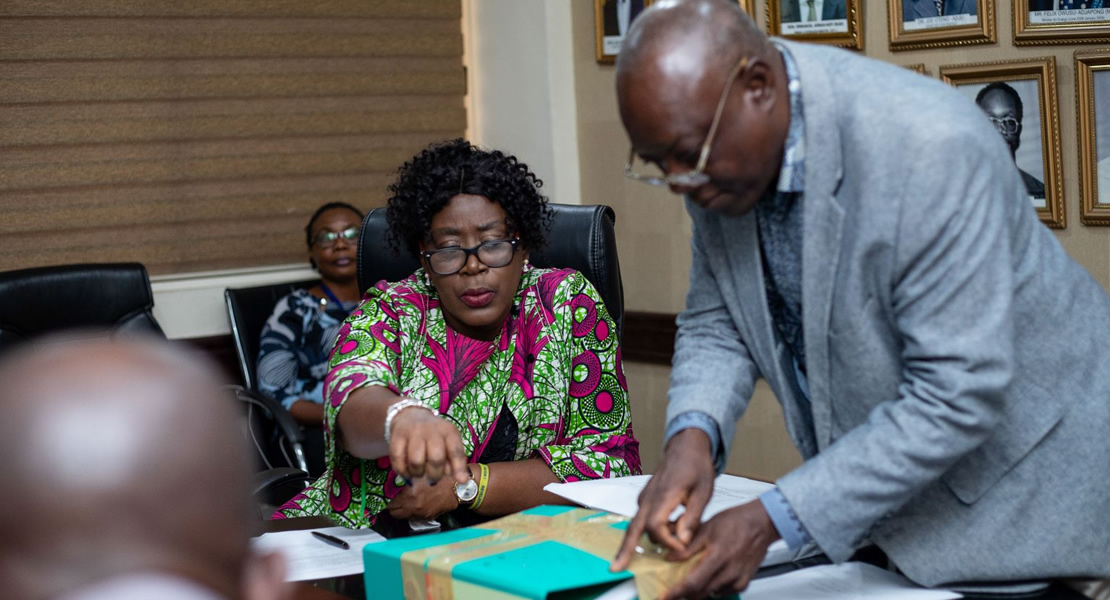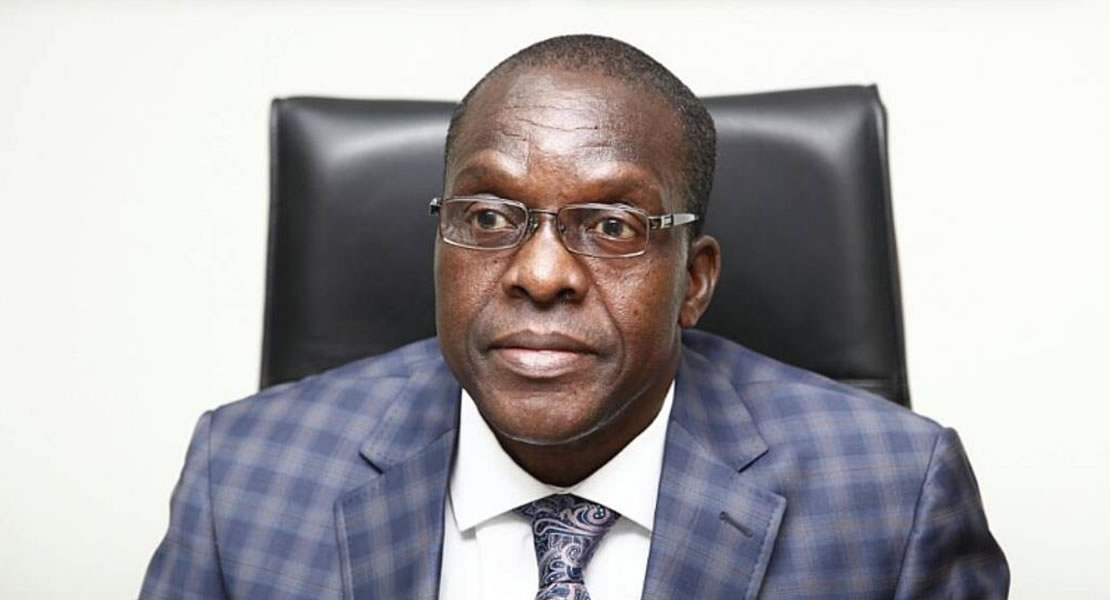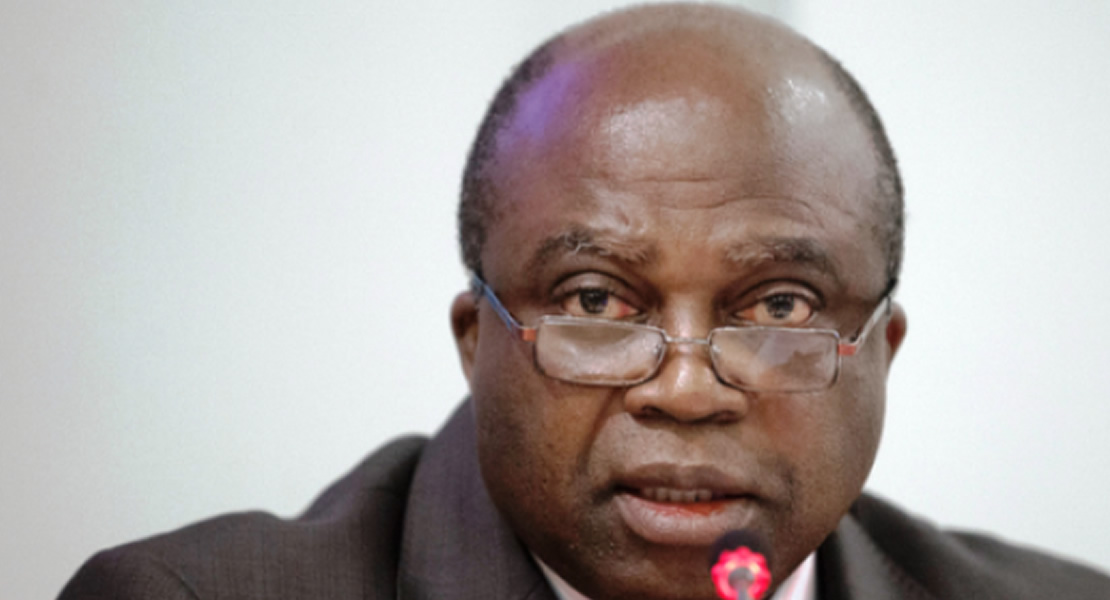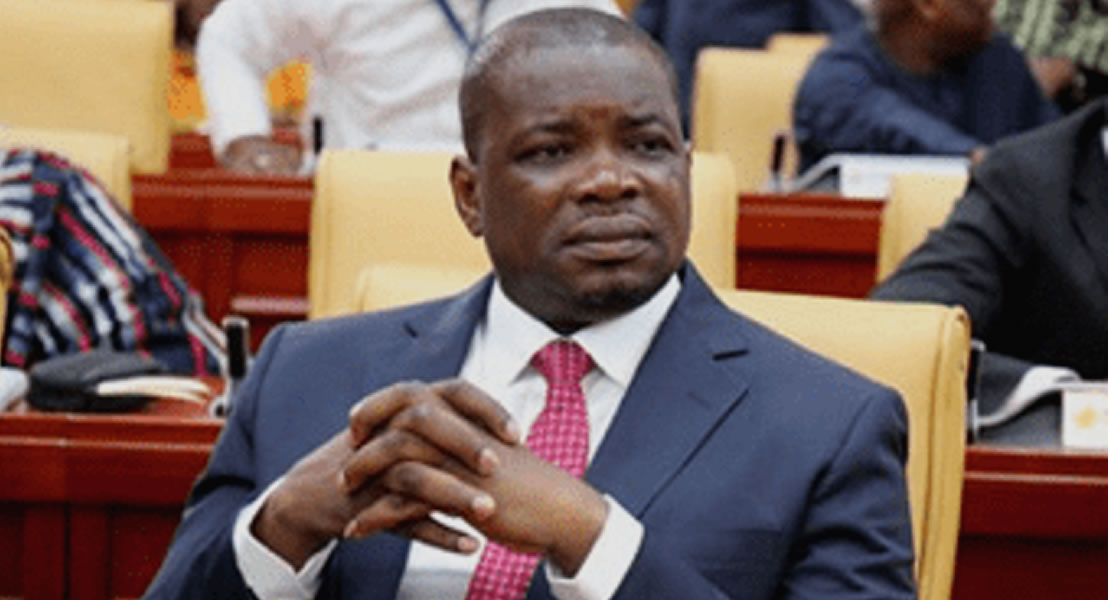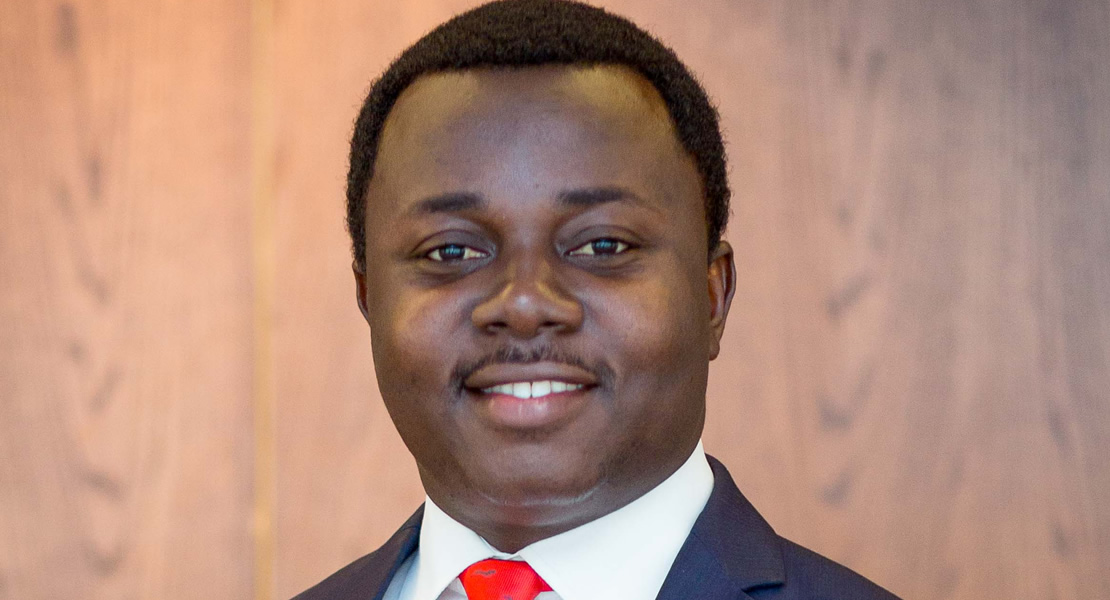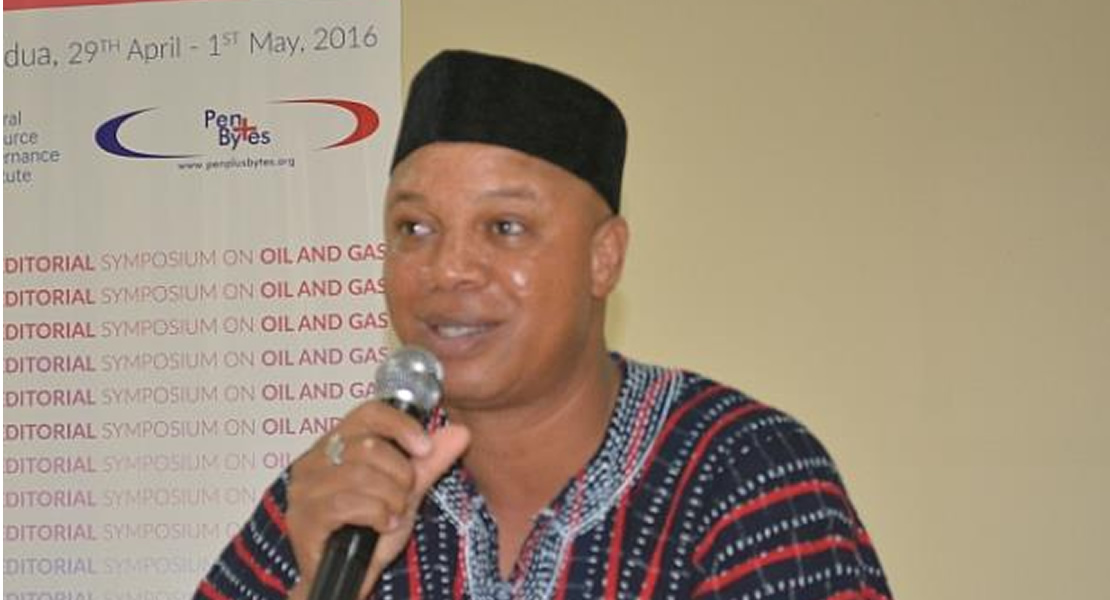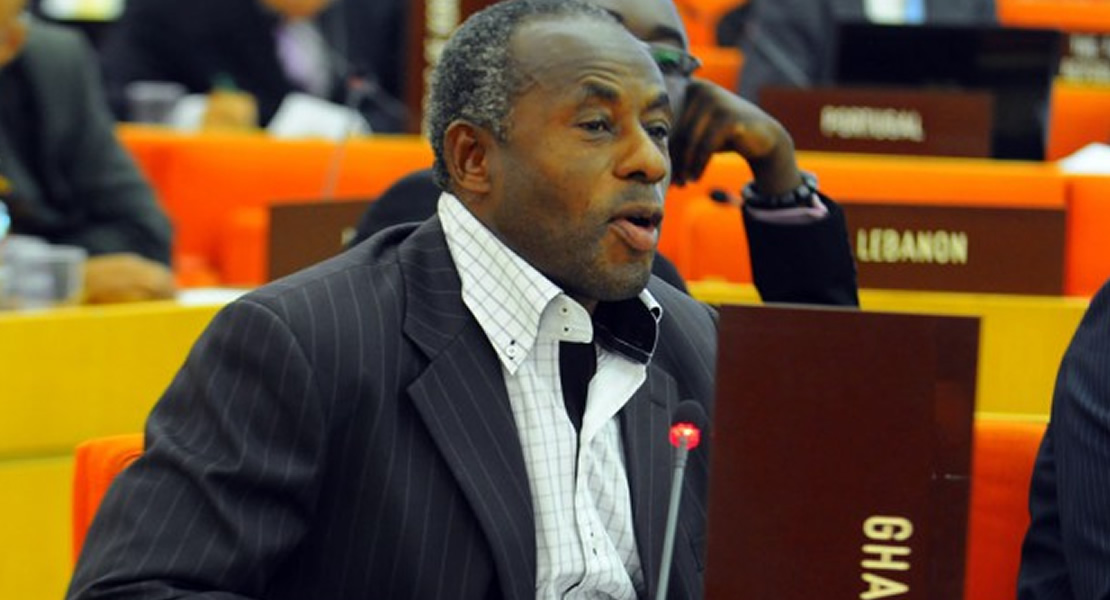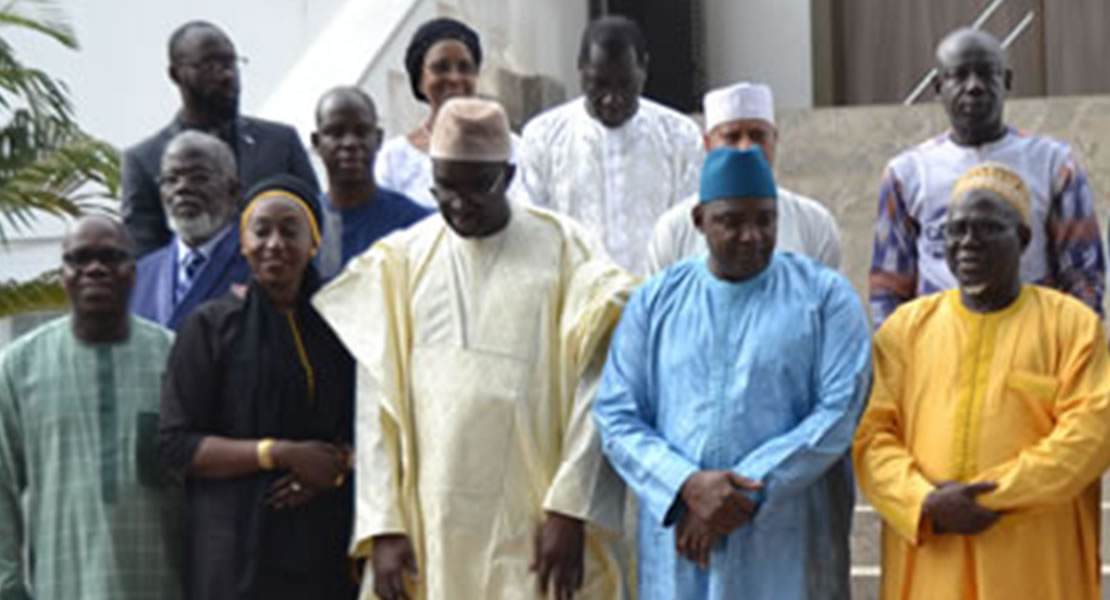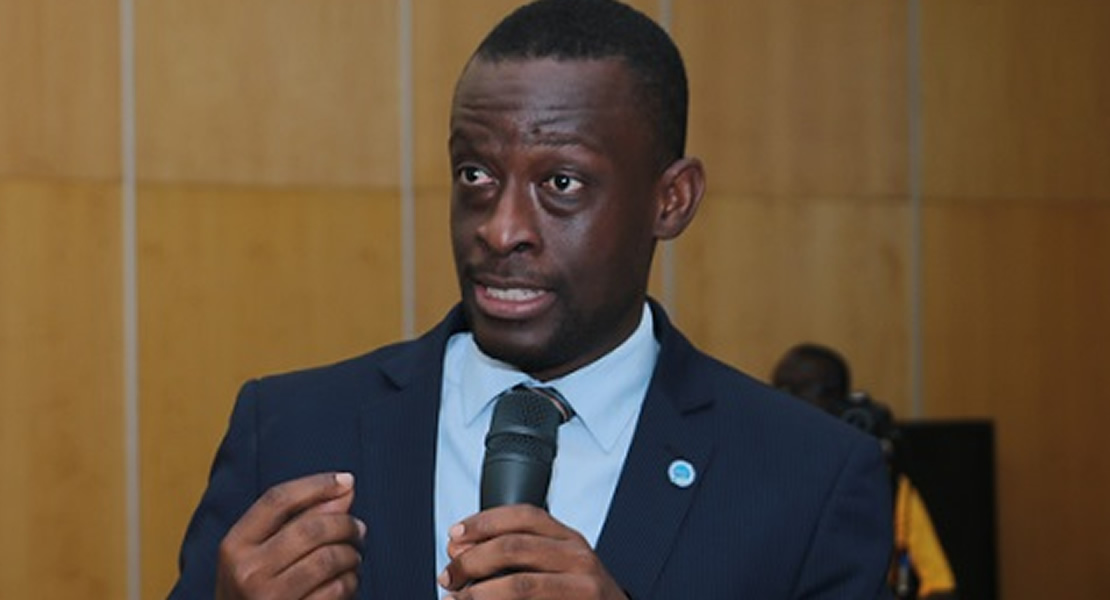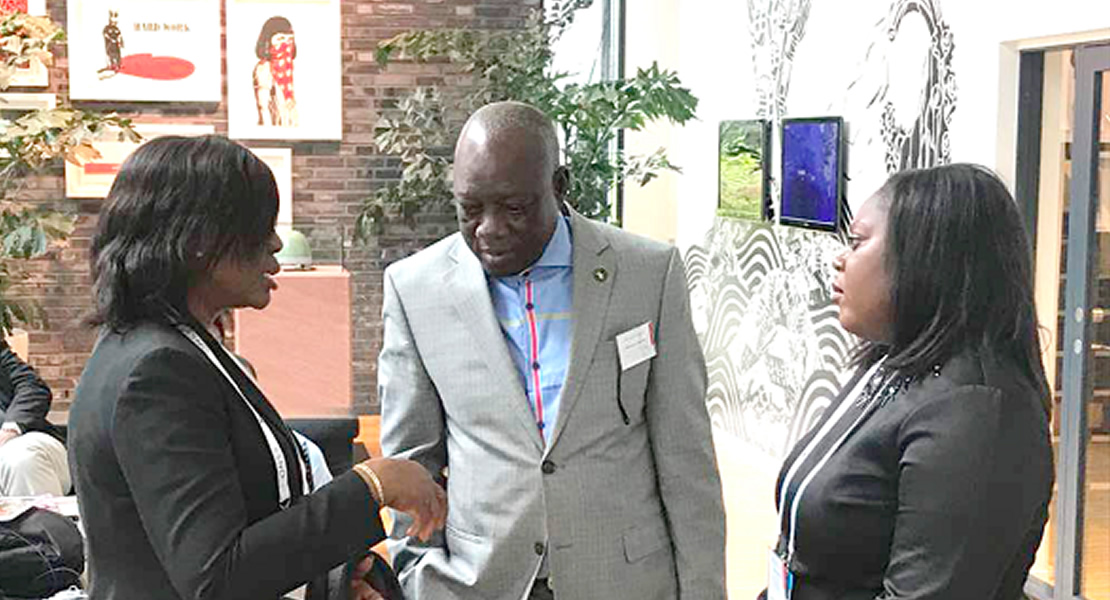Leader of the Ghanaian Technical Negotiating Team and Chief Director of the Ministry of Energy, Lawrence Apaalse had said negotiating maritime boundary with Togo, Ghana would be guided with lessons from Cote D’ivoire.
He further added that both countries would be guided by the United Nations law for the sea and pointed out that, negotiation with brotherliness and friendship among the two countries is a key factor.
According to the leader of the Ghanaian team both Ghana and Togo should be prepared to resolve this issue in-house, and added that because both countries have different position on the issues that is why negotiation is ongoing.
As to whether we are not likely to have the experience of Cote D’ivoire, he responded by saying the fact that the negotiation has not reached a consensus does not mean they would not get there.
“My training in maritime delimitation, when you negotiate and it fails you continue until it hurts, both countries would be clear that it hurts and move to the next level which would be third party arbitration. That is when you invite third party people to come in, you may not go to court straight away as happened in the Ghana Cote D’ivoire case it may be the intervention of what we call diplomacy”.
He revealed that in the case of Ghana and Cote D’ivoire, late former UN boss Kofi Annan was invited to make brief intervention, “it failed but it was in the right step, there is the need to explore all possibility”.
As to whether the Ghana-Togo maritime boundary would move towards third party, Lawrence Apaalse responded by saying “I leave that to you as journalists but for me we are too young in this negotiations to say yes or no, we have done only three rounds of negotiations”
“Do not forget that apart from the technical team the heads of states of both Ghana and Togo are meeting at the diplomatic level, it can happen that they would ignore the work done by the technical team and go ahead to sigh an agreement and it holds”.
By: Kwaku Sakyi-Danso/ghanamps.com
